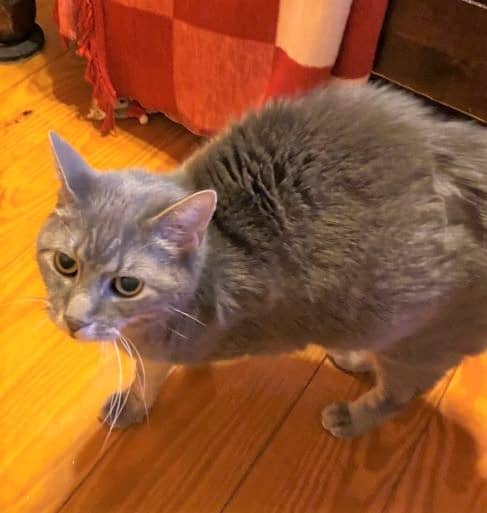
What may sound cute to the general public causes a shudder every year among animal shelter staff across the country.
“Kitten season,” as it’s known in the animal welfare field, starts each spring and lasts through fall. Like the term implies, it’s the time of year when unspayed female cats have most of their litters and animal shelters are inundated by orphaned kittens who need intensive care.
“Cats can become pregnant at just 4 months old and the duration of feline pregnancy is approximately 2 months, so un-spayed community cats can have many litters in one season,” said Erin Katribe, veterinarian and medical director for Best Friends Animal Society.
So, what can you do to help? The path often starts with leaving outdoor kittens in place, according to Dr. Katribe, even if it seems like they’ve been abandoned or homeless and should be taken to a shelter right away.
“In most cases, removing the kittens away from where their mother is most likely going to return may end up putting them in even greater danger,” she said. “For shelters with already limited resources—such as money, food, space, and staffing—Kitten Season equates to making difficult life or death decisions for these fragile creatures that require 24-hour care. The large population causes an increased risk of illness and stress-induced problems, often making tiny kittens the most at-risk animals for being killed in shelters.”
“The best thing to do for healthy kittens,” Katribe explained, “is to leave them with their mother, who is often nearby planning to return and care for her babies.”
But watch closely. If mom hasn’t returned for 10 to 12 hours or if the kittens appear unhealthy, then it’s time to step in. Sick kittens may need veterinary attention right away. But if they are healthy, you can care for the kittens yourself, right from the comfort of your home.
Helping kittens that are already at shelters is another way to alleviate the stress of kitten season. Kitten fosters can make a short-term commitment that may range from just a week or two to a month or two, depending on the age of the kittens and the foster’s schedule. Fosters care for the kittens in the comfort of their own homes. Education, supplies and veterinary care are provided by the shelter or rescue, while fosters provide love and attention.
Here are some other ways to help cats and kittens in your community:
Spay or neuter your pets and encourage your friends and family to do the same.
Choose to adopt a cat or kitten from a shelter or rescue group.
Support local efforts to Trap/Neuter/Return community cats.
Share about kittens in need on your social media channels and encourage followers to help.
For more information, visit bestfriends.org.



